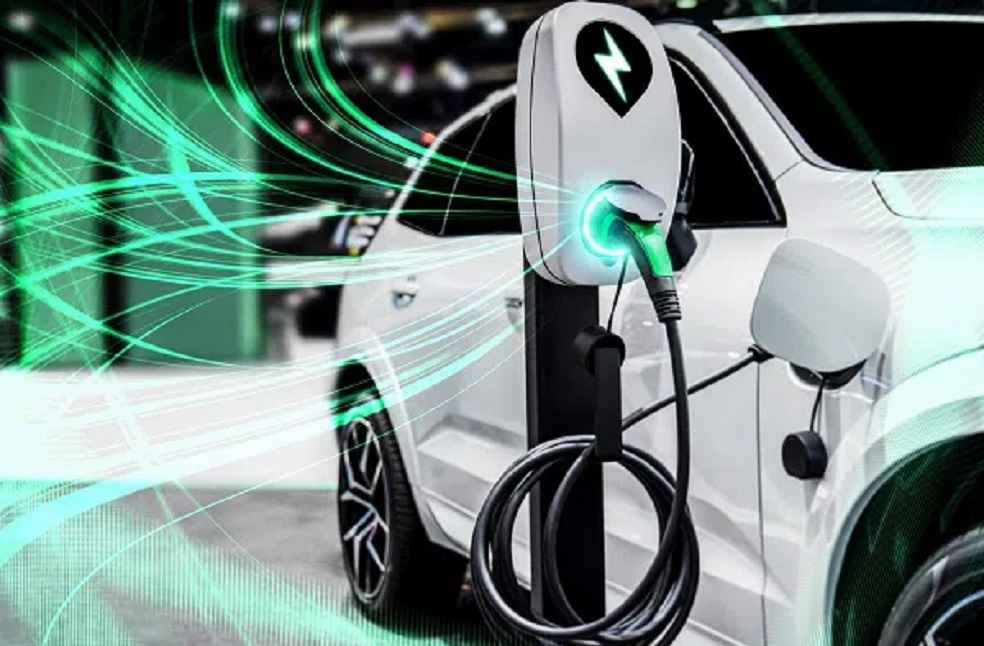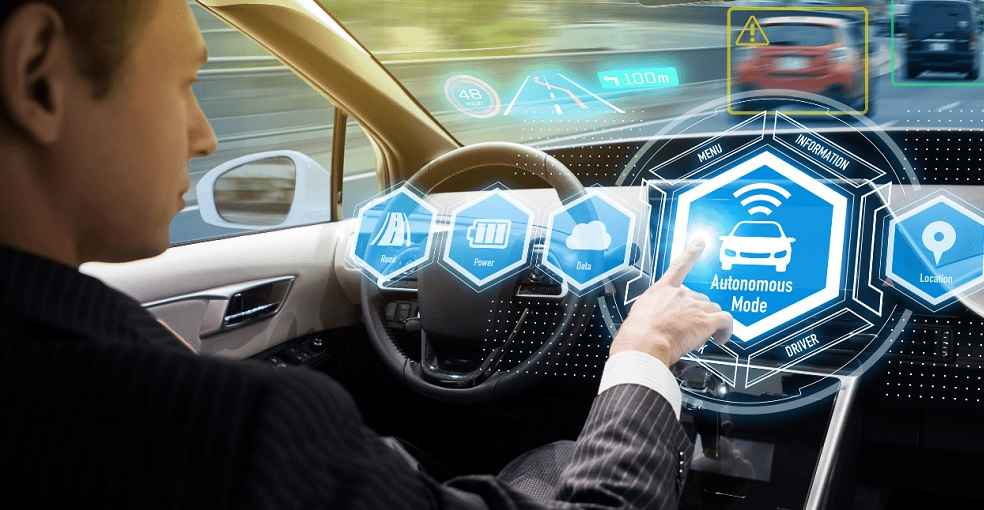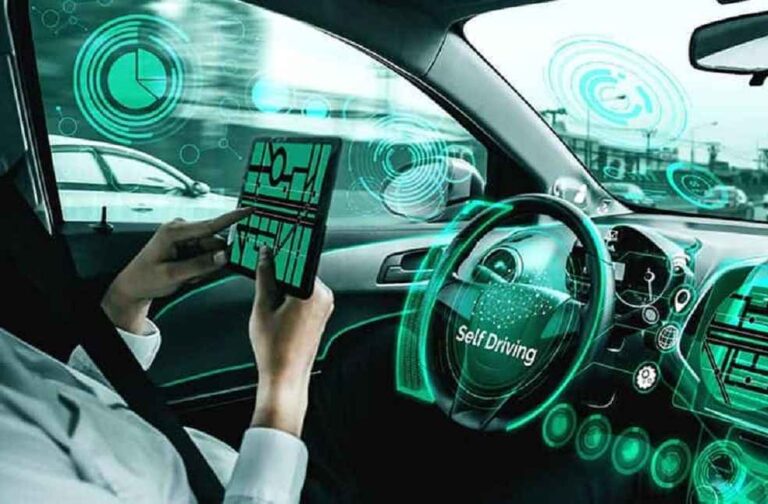The automotive industry is at a transformative crossroads with electric vehicles (EVs) and autonomous vehicles (AVs) set to revolutionize transportation. Projections indicate the global EV and AV markets could reach $624 billion and $400 billion by 2035, respectively.
The EV Charging Towards a Bright Future
The electric revolution in the automotive industry is gaining speed. Despite challenges in meeting the Biden administration’s 2032 goal for electric vehicle sales, industry sentiment remains positive. 2022 witnessed an infusion of over $106 billion into global EV ventures, and EV sales soared by 49% to 6.2 million units in the first half of 2023. The U.S. is rapidly emerging as a major player in the EV arena, propelled by substantial investments from leaders like Tesla, BMW, Hyundai, and Volkswagen.
The Autonomous Vehicle: A Slower, Thoughtful Pace
The path to fully autonomous vehicles is proving to be more intricate and cautious. Many manufacturers are shifting focus from complete autonomy to ‘conditional driving automation.’ This approach allows vehicles to operate autonomously under specific conditions, with human intervention still necessary. A notable finding from the survey is that 40% of automakers have not yet incorporated AI, critical for autonomous driving, into enhancing consumer driving experiences.

Factors Fueling EV Expansion
The Biden Administration’s policies are significantly propelling EV market growth. The Bipartisan Infrastructure Law, allocating $7.5 billion for EV charging stations, and the Energy Department’s plan to provide $12 billion to retrofit U.S. manufacturing facilities for EV production are key catalysts. Coupled with technological improvements leading to more affordable and longer-range EVs, these factors are driving up consumer demand, as seen in the record EV sales in 2023.
Autonomous Vehicle Development Crisis
Public Trust: Safety concerns, fueled by incidents like the Cruise robotaxi accident, have heightened public and union worries about autonomous vehicles. A significant portion of the population remains apprehensive about self-driving cars.
Legislative Landscape: The lack of uniform laws across states creates a complex environment for AV development. States like Michigan are more open to AV testing, while others, including California, have stricter regulations.
Technological Readiness: The majority of automakers are still on the path to developing cost-effective, scalable AVs. Many are utilizing AI for supply chain optimization, maintenance, and enhancing driving assistance features rather than full autonomy.

The Future of Autonomous Vehicles
Despite these challenges, companies like Tesla, Cruise, Aurora, and Waymo are forging ahead in their quest to develop driverless vehicles, backed by significant investments. Their dedication highlights a commitment to overcoming the hurdles of safety, ethics, and technology in the autonomous vehicle sector.
As electric vehicles advance rapidly, charting a path toward a more sustainable automotive future, autonomous vehicles proceed with more deliberation. The industry’s trajectory, as shown in Xometry’s 2024 survey, underscores a complex narrative of technological breakthroughs and societal adaptation in automotive progress.
AUTO TECH | ATC Drivetrain to Invests $7.9M in Michigan EV Hub, Boosts Jobs and Tech





